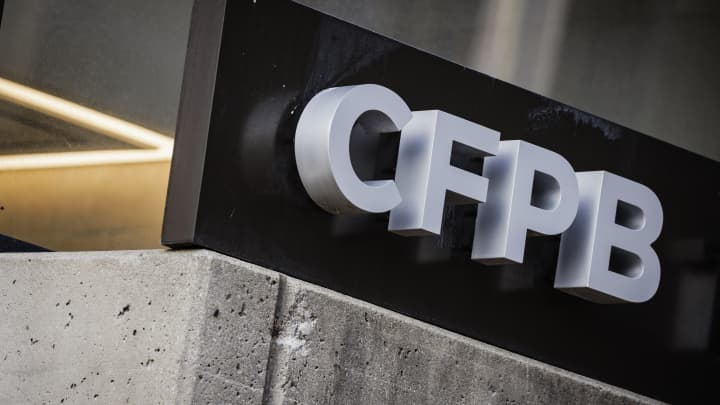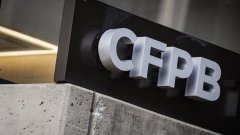
WASHINGTON — The nation's federal consumer protection watchdog announced Wednesday that to customers as a result of its work to uncover illegal so-called .
"The [ ] continues to uncover junk fee scams that violate the law and undermine consumer trust," CFPB Director said in a statement. "We will continue to combat the illegal fees cropping up in consumer finance markets."
The bureau on Wednesday released a in tandem with the Biden administration's across industries. The report outlines the CFPB's examination of fees related to deposit accounts — including overdraft and nonsufficient funds — auto loans and remittances between February and August 2023.
Financial institutions that hit customers with surprise overdraft and NSF fees account for $120 million of the $140 million that companies will reportedly refund to consumers following the March edition of the report, the CFPB found.
Nearly two-thirds of banks with more than $10 billion in assets have also , saving customers nearly $2 billion a year, according to a separate report released Wednesday.
Read more of CNBC's politics coverage:
Violations included in the supervisory highlights include monthly fees for paper bank statements that were never printed or mailed, charges for nonapplicable add-on services for car loans and undisclosed fees and failed remittances for international money transfers.
The CFPB has also directed service providers that process deposit, payment and data services for banks to stop contributing to violations. In one example from the report, a provider miscalculated refunds for add-on products for auto loans that were terminated early.
The report also briefly touches on transaction fees applied to student meal accounts. The CFPB has notified concerned parties that free alternatives are mandated under financial protection laws.
The companies that were part of the investigation were not identified in the report, but the CFPB has taken actions against for and for .
Bank of America spokesman Bill Halldin that the lender "voluntarily reduced overdraft fees and eliminated all non-sufficient fund fees in the first half of 2022," resulting in a 90% drop in revenue from those fees. it was "pleased to bring closure" to the banking, auto and mortgage issues found by the agency.



